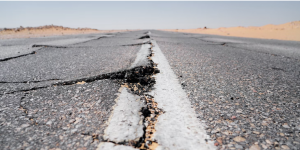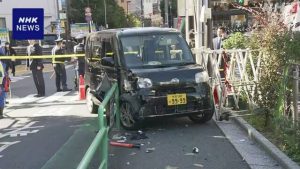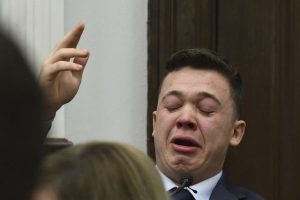Japan’s gun laws have come into focus after former Prime Minister Shinzo Abe was reportedly shot on Friday in the city of Nara. The 67-year-old was rushed to hospital and was showing “no vital signs”, according to Japanese news agency NHK.
Officials said the former Prime Minister was airlifted to a hospital but he was not breathing and his heart had stopped, according to reports from Associated Press. It is unclear which weapon was used to shoot Shinzo Abe.
Also Read: Who is Tetsuya Yamagami, suspected man who shot former Japan PM Shinzo Abe
How Japan’s gun laws work
According to a document released by the US Department of Justice, Japan’s gun laws are highly restrictive and strict. Gun laws, which have largely remained unchanged for decades, have been directly linked to Japan’s low crime rate.
Japan’s laws allow law enforcement officials and the military the purchase firearms. The only exceptions include target shooters and hunters, who have to go through a rigid process to legally own a gun.
Those wishing to purchase firearms have to first take an official safety course and then pass a test that covers maintenance and inspection of the gun, methods of loading and unloading, shooting from various positions, and target practice for stationary and moving objects.
If authorities agree to issue a permit, the holder must still engage with law enforcement officials in order to keep the usage of the firearm in check. The police check gun licensees’ ammunition inventory to make sure there are no shells or pellets unaccounted for. A permit to own a gun is only applicable for three years.
Also Read: A look at former Japan PM Shinzo Abe’s health history
What about the crime rate in Japan?
According to the US Justice Department, gun-related violence in Japan is rare. The last big spike was seen in 1985, when 209 cases related to handguns were reported.
About two-thirds of all gun crimes are committed by organized crime groups. The citizens apparently voluntarily comply with the gun law; accordingly, there is no mandatory minimum penalty for unlicensed firearm possession, the Justice Department document added.






